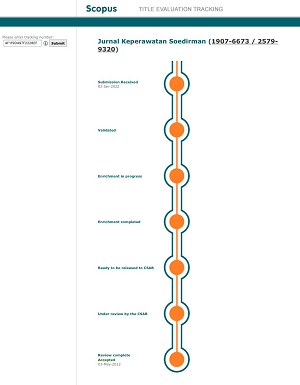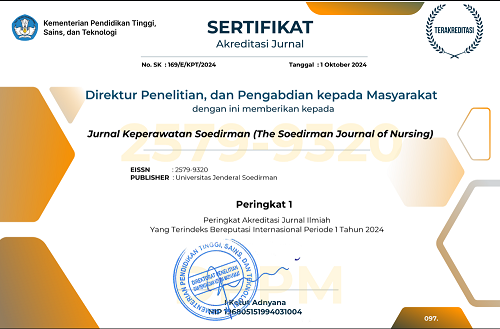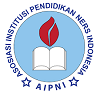Effect of Progressive Muscle and Autogenic Relaxation on Post-Spinal Pain and Anxiety: A Three-Group Randomized Controlled Trial
Abstract
Patients undergoing cesarean sections (CS) under spinal anesthesia often experience pain, anxiety, and peripheral vasoconstriction. This study, a randomized, blinded, controlled trial, compared progressive muscle relaxation (PMR) and autogenic training (AOT) with standard treatment to alleviate the aforementioned symptoms. Sixty-six female patients who underwent CS aged 20-35 were randomized into three groups: PMR (n=22), AOT (n=24), or standard (n=20). Pain and anxiety were evaluated using standardized instruments: Hamilton Rating Scale for Anxiety (HARS) and Numeric Rating Scale (NRS). Both groups indicated a statistically significant decrease in pain and anxiety as compared to the control group (p = 0.001). Both the PMR (Mean difference; pain, 2.54) and anxiety (17.37) improved significantly more than the AOT (pain, 1.23; anxiety, 11.68) group, while the control group minimally improved (pain, 0.32; anxiety, 2.27) over their pre-intervention scores. Statistical tests, Mann-Whitney U and Kruskal-Wallis, showed statistically significant differences between the three groups, p <0.034; p <0.001, 95% CI. Thus, the PMR is more effective than AOT or standard care. Therefore, PMR should be included in the postoperative care of nurse anesthetists in their pragmatic collaborative effort to support non-pharmacological symptom self-management in cesarean patients.






.png)




_3.png)

 Kampus keperawatan unsoed
Kampus keperawatan unsoed  Published By Jurusan Keperawatan FIKES UNSOED
Published By Jurusan Keperawatan FIKES UNSOED jks@unsoed.ac.id
jks@unsoed.ac.id

